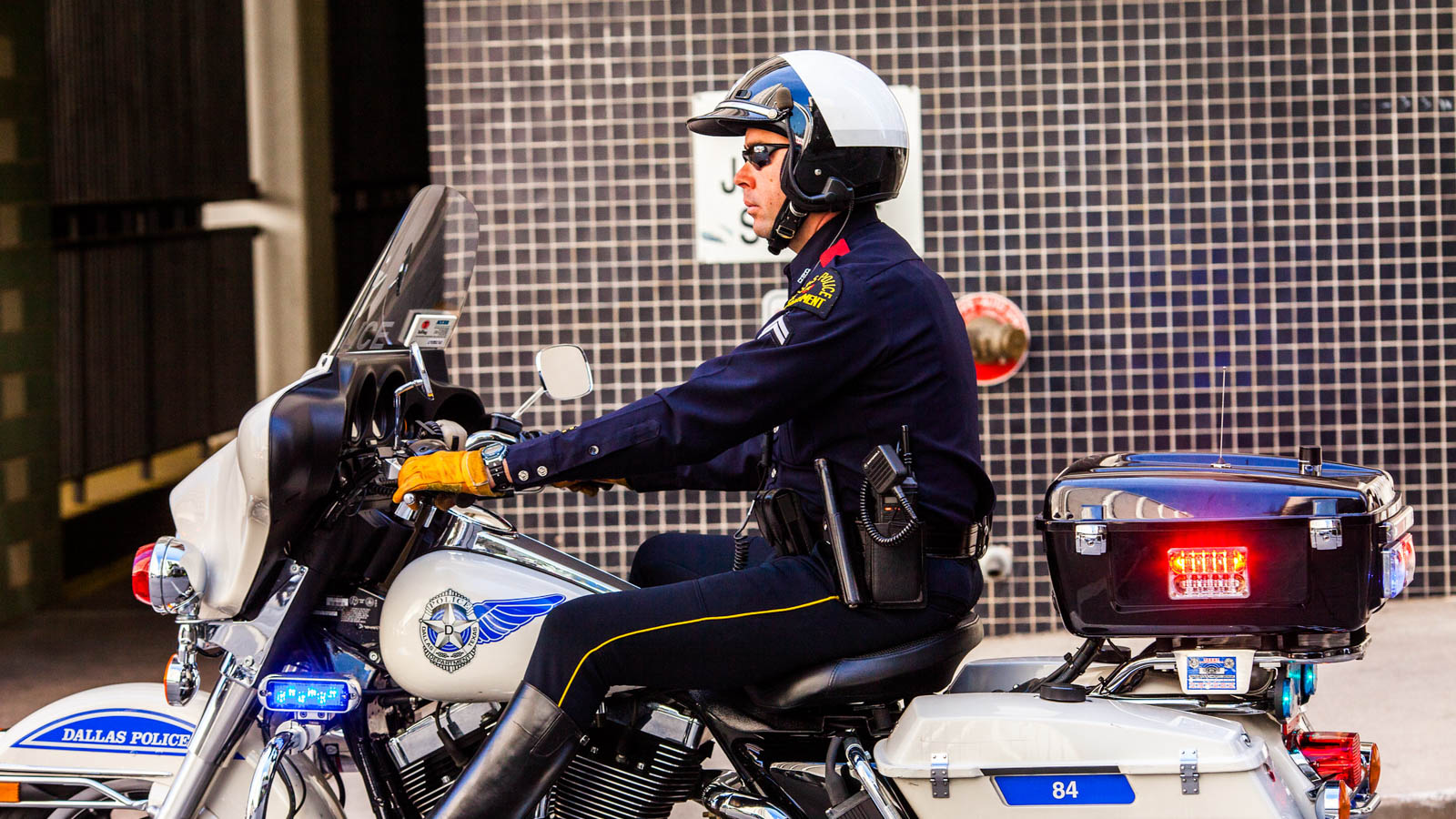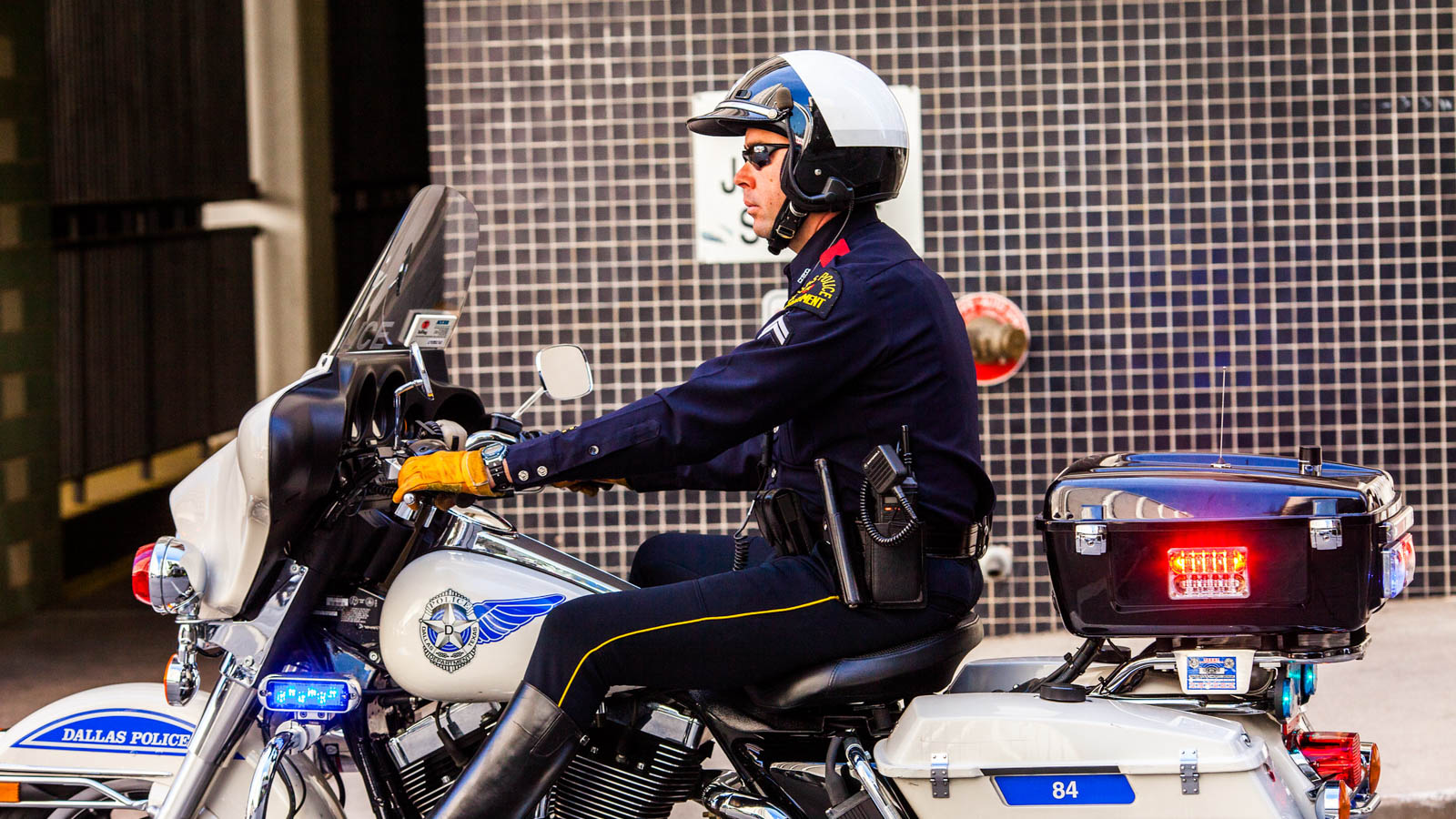
Dallas became the latest major U.S. county to decline to prosecute low-level marijuana possession cases after John Creuzot, the new Dallas County District Attorney, announced a policy meant to reduce the incarceration rates of black men. The move “shook up” local officials, according to the Dallas Morning News.
Creuzot is fulfilling campaign promises with the move, which has rankled police organizations, as well as Republican Texas Attorney General Ken Paxton and Dallas Mayor Mike Rawlings.
A Democrat in a Republican-leaning state, Creuzot posted a letter on the official District Attorney’s Office website in which he stated, “Dallas County African Americans are three times more likely to be prosecuted for misdemeanor marijuana possession than are people of other races. After arrest, African Americans are assessed money bond at a higher rate and higher bond amounts.” In addition, they are also more likely to be convicted of possession and serve jail time, Creuzot wrote.
Creuzot wrote that it’s the district attorney’s responsibility to “take action to end that disparity. To that end, I have declined prosecution on misdemeanor possession of marijuana cases for first-time offenders whose offenses do not occur in a drug-free zone, involve the use or exhibition of a deadly weapon, or involve evidence of delivery. After the first offense, people will be offered a program that, if successfully completed, will keep their record clear.”
DEMOCRATIC PRIMARY VOTING is just around the corner, and you’ll see a few of these limited-edition photo signs at polling locations. MARK YOUR CALENDAR to vote early from Feb. 20- Mar 2, or Election Day March 6. Here’s a link to days, times and locations: https://t.co/gvEMEBnxrD pic.twitter.com/pvy7g4VBjp
— John Creuzot (@CreuzotForDA) February 11, 2018
Creuzot’s policy will lead to dismissing pending cases that meet the low-level criteria; the office has already dismissed 1,000 cases, he wrote. Creuzot won with 60% of the vote against his anti-marijuana Republican opponent.
The Texas Organizing Project (TOP), a politically progressive criminal reform organization, praised Creuzot for living up to his campaign promises. David Villalobos, the Dallas County Right2Justice Coordinator for TOP, said: “We applaud John Creuzot’s acknowledgment that racial disparities exist in the criminal justice system and the black and brown people will no longer be disproportionately affected.”
The new policy involves no charges for the first time someone is arrested for low-level possession, and for the second time, they are diverted into a diversion program.
“This is important because our black and brown communities are over-policed and this leads to barriers for better-paying jobs, higher education, housing and other critical elements of life,” Villalobos said. Expunging records from the past is not part of the reform, but those who have cases pending or who are arrested in the future will benefit from the new policy and their records will be cleared after the completion of the diversion program.
The move constitutes a one-man criminal reform policy, which isn’t sitting well with some police unions and Dallas County officials.
Dallas Mayor Mike Rawlings, a fellow Democrat, told the Dallas Morning News that he thought Creuzot “should’ve taken this on a case-by-case basis rather than issue some broad policy that really impacts only a small number of people.” Already, the Dallas City Council had reduced possession to a crime for which summons would be issued, rather than forcing marijuana users to serve time in jail before awaiting trial, according to the report.
Republican Texas Gov. Greg Abbott objected to Creuzot’s plan to release people for petty theft under $750 for being “socialism,” but made no public remarks about marijuana decriminalization to the Dallas Morning News. In fact, Abbott said in a 2018 gubernatorial debate that he doesn’t want to “see jails stockpiled with people who have a small amount of marijuana.”
With the new policy, Dallas becomes one of about a half a dozen U.S. cities or counties that have effectively decriminalized marijuana possession, even though state law forbids it. Other cities include Philadelphia, Denver, and Tampa, Florida; counties include Harris County, Texas (Houston is the county seat); and even the City of Dallas, where a “cite and release” law went into effect Dec. 1, 2017, for possession of less than 4 ounces, or about 113 grams, of marijuana. According to the Dallas Observer, during the first six months of the law, however, minorities were charged at a higher rate than Caucasians — of the 65 arrested, 35 were black, 25 were Latino, and five were white. Forty-six of the arrests happened in one of the Dallas Police Department’s three southern Dallas patrol areas where a majority of minority communities are concentrated; five were made by central patrol and 14 happened in North Dallas.
Currently, Texas law bans all marijuana use, with the exception of low-THC (less than 0.5% by weight) and high-CBD (greater than 10% content by weight) cannabis for epilepsy patients and their caregivers who are listed on the Compassionate Use Registry of Texas, which began operating in February 2018. Those who are charged with possession of less than 4 ounces are subject to up to 180 days in jail and as much as a $2,000 fine.
Lawmakers in the Republican-dominated Texas Legislature in Austin are pursuing reform-minded bills. The House is scheduled to vote on April 25, 2019, to decriminalize possession of 1 ounce, or 28.35 grams, or less of marijuana from a possible jail sentence to a fine. Earlier in April, legislators considered nearly a dozen bills pertaining to reforming criminal penalties or legalizing hemp.
Marijuana possession arrests vary widely from state to state and even from county to county, according to federal statistics reported in The Washington Post. In some counties, more than 20 percent of arrests were marijuana-related. In one Georgia county, the number exceeded 55%.
According to a study published in the July 2018 Police Quarterly, states that have legalized cannabis, such as Colorado and Washington, find that police clearance rates on crimes, resulting in arrest, increased both in violent and property crimes. The conclusion was that police were freed up from low-level cannabis arrests to pursue other crimes. Also, the existence of legal dispensaries has been proven to lower opioid addiction rates and fewer opioid deaths. This gives credence to Creuzot’s assertion that pursuing more urgent crimes lowers incarceration and frees up resources.
Creuzot’s new policy, which includes amnesty for those already charged with low-level marijuana possession, is the latest manifestation of a growing trend in politics, from California‘s approval of expunging marijuana possession records dating back to the 1970s, to a campaign to expunge possession records in Canada and the proposal to do the same by Democratic presidential candidate Cory Booker.
In an October 2018 Dallas Morning News commentary piece before the election, Creuzot was referenced as saying misdemeanor marijuana possession arrests were a waste of time and resources. Former Carrollton, Texas, police officer Silvestre Tanenbaum argued that “people arrested for marijuana have to pay a money bond in 70 percent of cases. If they can’t afford it, they can be stuck in jail for days or weeks. Those who are convicted receive an average sentence of about 24 days in jail. These sentences do nothing to reduce future marijuana use, but they are long enough to make people lose employment, housing, and child care.”
Featured Image: Photo by Thomas Hawk via Flickr















